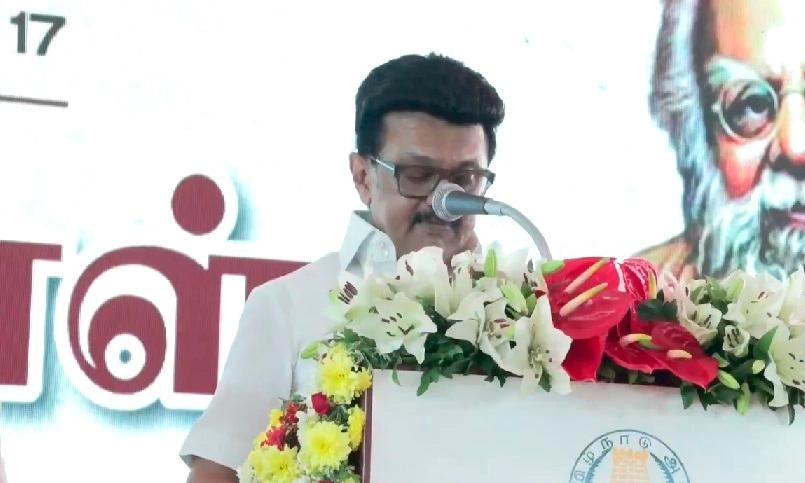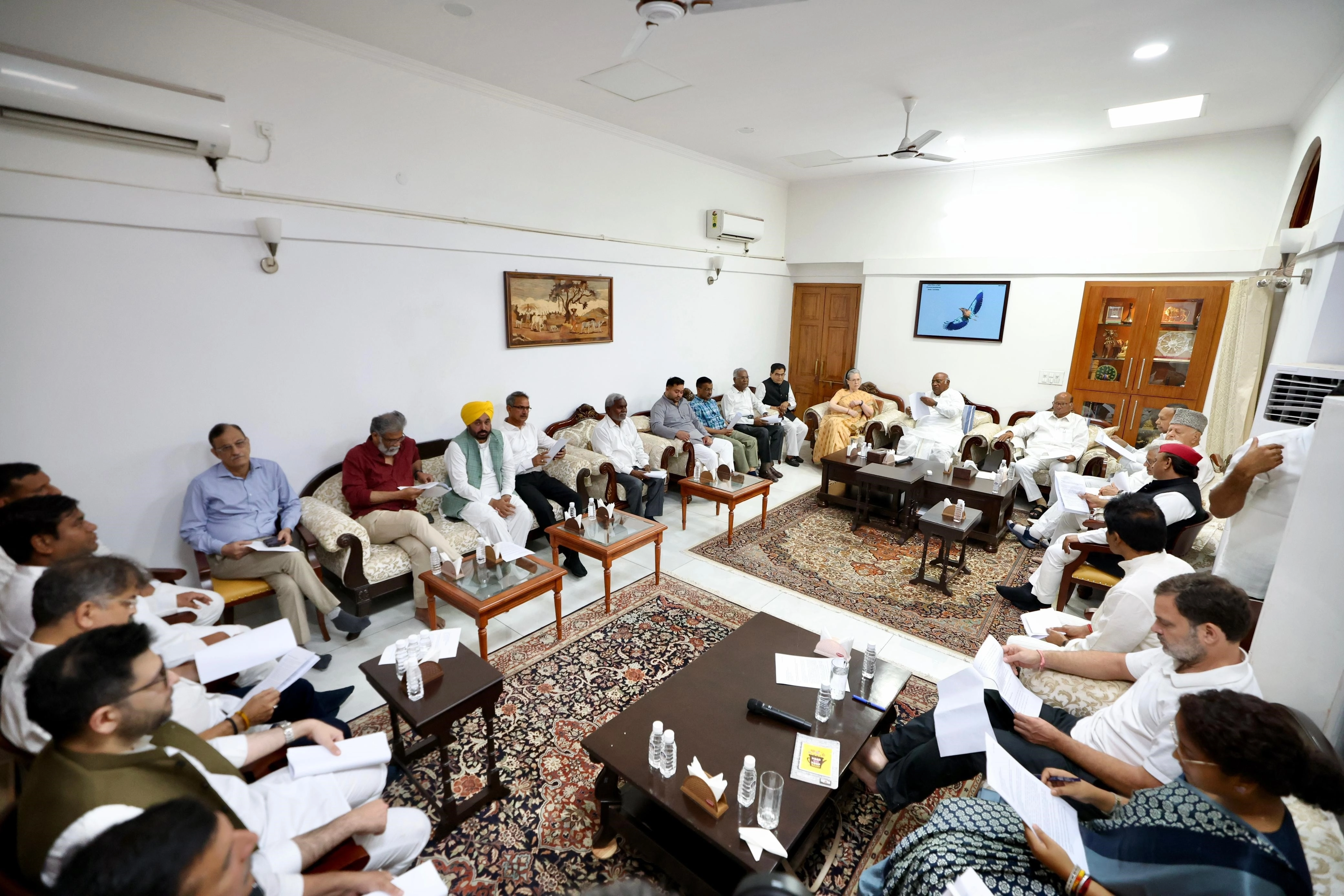The implications of the Trump Travel Ban extend far beyond immediate national security concerns; they significantly affect major international sporting events, including the 2026 World Cup and the 2028 Olympic Games. The travel restrictions, initially put in place to curb immigration from certain countries, have raised questions about accessibility and participation for athletes, fans, and officials from affected nations. As these global sporting events approach, the potential for exclusion and division becomes a critical issue that organizers must address. Both the World Cup and the Olympics are meant to foster unity and inclusivity, promoting the spirit of competition regardless of national origin. However, the reality of the travel ban could undermine this ethos, impacting not just the athletes who have trained for years to compete but also the fans eager to support them.
For the 2026 World Cup, which will be co-hosted by the United States, Canada, and Mexico, the travel ban could hinder the participation of teams and supporters from nations that are subject to these restrictions. Football, or soccer as it is known in the U.S., is a global sport with a diverse fan base, and any barriers to entry could diminish the tournament’s vibrancy. Organizers must consider how to navigate these restrictions to ensure that the event remains a celebration of international camaraderie and competition. This is particularly relevant as the World Cup is not just a sporting event but a cultural phenomenon that brings together people from all walks of life. The excitement surrounding such an event could be dampened if key players and fans face difficulties in entering the host country.
Similarly, the 2028 Olympic Games, scheduled to take place in Los Angeles, could face similar challenges. The Olympics pride themselves on their commitment to inclusivity and the unifying nature of sport. However, the travel ban poses a significant barrier for athletes and fans from affected countries, potentially leading to a situation where certain nations are underrepresented. The International Olympic Committee (IOC) and local organizers will need to devise strategies to mitigate the impact of these restrictions, ensuring that the Games remain a platform for global unity and peace. This may involve diplomatic efforts to ease travel conditions or special provisions for athletes and officials, highlighting the importance of sports as a bridge-builder in a fragmented world.
In conclusion, the Trump Travel Ban presents considerable challenges for the 2026 World Cup and the 2028 Olympic Games. Both events are designed to celebrate global unity through sports, but the travel restrictions could hinder participation and diminish the spirit of inclusivity that these competitions embody. As the world looks forward to these monumental events, it is crucial for organizers and governing bodies to address these potential barriers. By fostering an environment that welcomes all athletes and fans, regardless of their country of origin, the promise of these events to promote peace, camaraderie, and cultural exchange can still be realized. The focus must remain on creating a welcoming atmosphere that embraces diversity, ensuring that the essence of sport can shine through amidst political challenges.




